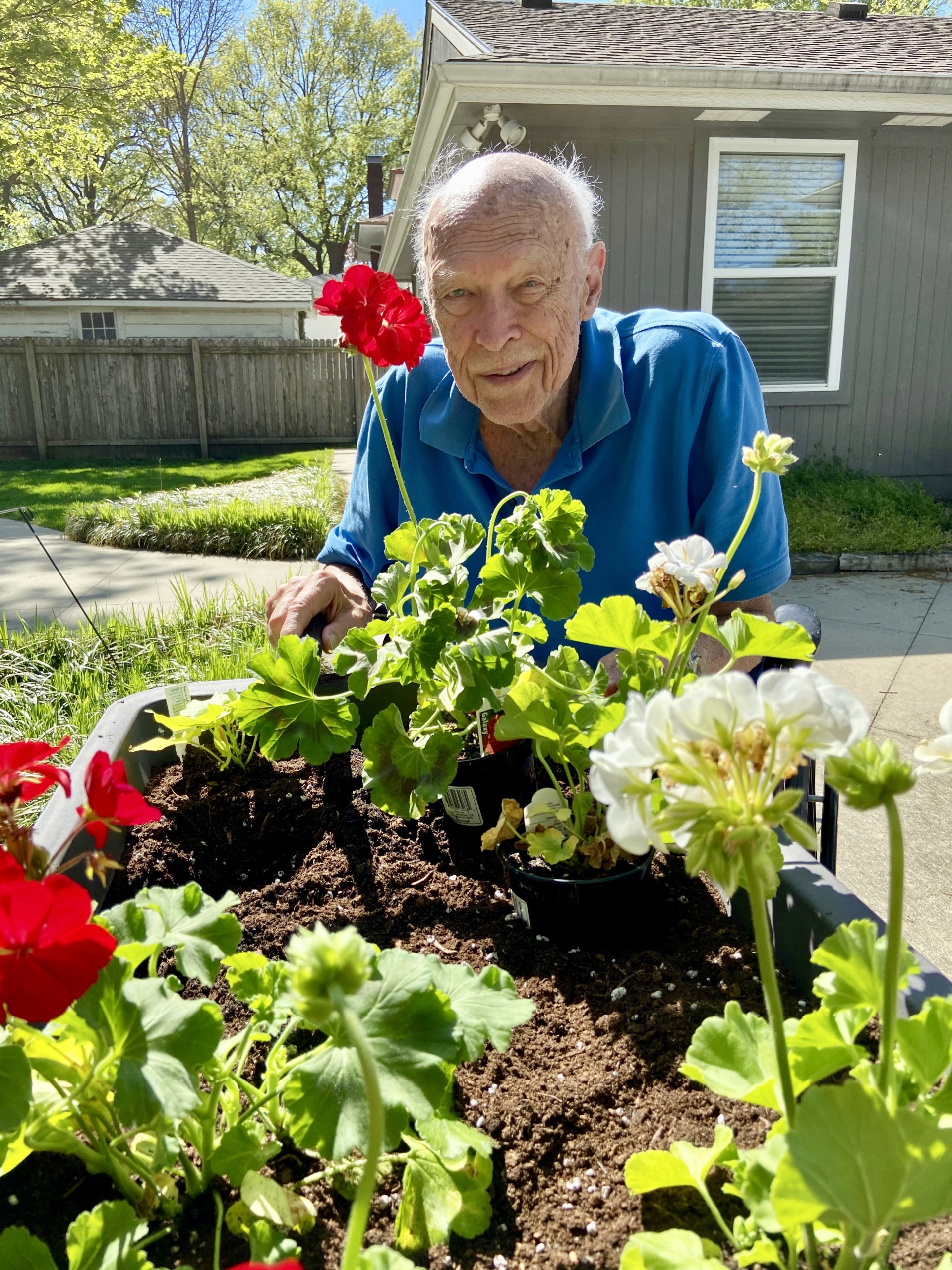Explore Charlotte Memory Care: Dedicated to Elder Wellness and Health
Explore Charlotte Memory Care: Dedicated to Elder Wellness and Health
Blog Article
What to Expect in Memory Care: A Comprehensive Overview to In-Home Provider
Navigating the landscape of memory treatment for an enjoyed one can be a complex and emotionally billed experience. As households come to terms with the challenges of caring for someone with amnesia, the world of at home solutions uses a lifeline of assistance and specialized treatment. Understanding what to anticipate in memory care is essential for ensuring the well-being of both the individual with memory problems and their caretakers. From customized everyday activities to safety protocols and caregiver sources, this overview aims to clarify the extensive spectrum of solutions readily available to those starting the trip of in-home memory care.
Daily Routines and activities
Participating in structured everyday tasks and routines is a fundamental part of supplying quality take care of individuals in memory care centers. These tasks are diligently developed to cater to the specific requirements of homeowners with cognitive disabilities, such as Alzheimer's illness or mental deterioration. Daily routines play an essential role in keeping a sense of familiarity, safety, and purpose for people in memory treatment.

Furthermore, day-to-day routines aid individuals in memory treatment centers to really feel more oriented and less anxious. Uniformity in timetables and tasks can minimize complication and agitation, providing a sense of security and convenience. Caregivers and team member play a crucial role in promoting these tasks, making certain that each resident gets personalized and compassionate care tailored to their distinct choices and capabilities.
Specialized Care Services
Within memory treatment centers, specialized care services are necessary to address the one-of-a-kind needs and challenges faced by individuals with cognitive problems such as Alzheimer's condition or mental deterioration. These solutions are designed to offer tailored assistance that provides to the details requirements of residents taking care of memory loss. Specialized treatment solutions in memory care facilities often include individualized care plans, assistance with tasks of daily living, medicine administration, and behavior modifications aimed at improving lifestyle and reducing distress.
In addition, memory care centers generally use structured programs and activities particularly designed to promote cognitive function and promote social involvement among citizens. These activities might consist of memory-enhancing workouts, sensory excitement treatments, and reminiscence therapy sessions. In addition, specialized care services typically entail normal monitoring of citizens' health and well-being by skilled personnel members who are outfitted to manage the unique difficulties related to cognitive decline.
Safety Actions and Atmosphere
Implementing rigorous safety steps and creating a safe atmosphere are vital priorities in memory care centers to make sure the well-being and security of residents with cognitive disabilities. Safety and security in memory care starts with secure building design, including locked doors and kept an eye on entries to prevent homeowners from wandering outside without supervision. By focusing on security steps and preserving a secure environment, memory treatment facilities objective to give a encouraging and helpful site protective setup for individuals with cognitive disabilities.
Communication and Involvement Techniques
With an emphasis on boosting and fostering meaningful interactions lifestyle, efficient interaction techniques play a crucial duty his response in supporting individuals in memory treatment facilities. Interaction in memory care includes comprehending the unique requirements of citizens that might have cognitive problems like mental deterioration. Straightforward language, clear instructions, and non-verbal signs such as gestures and facial expressions are vital tools for effective communication. Caretakers need to approach locals with respect, compassion, and patience, developing a supportive atmosphere where people really feel understood and valued.
Engagement strategies are also crucial in memory treatment, helping locals remain active, stimulated, and connected to their environments. Activities like songs treatment, art classes, memory sessions, and sensory excitement can stimulate memories, enhance mood, and advertise socialization. Customizing activities to each person's rate of interests and capabilities is key to fostering involvement and a sense of success. Furthermore, including familiar things, pictures, and music from the person's past can give comfort and stimulate positive memories. By focusing on individualized communication and involvement strategies, memory care facilities can improve the total wellness and high quality of life for their residents.
Caregiver Assistance and Resources
Given the vital duty caregivers play in carrying out reliable communication and engagement approaches for locals in memory care centers, giving sufficient assistance and sources is necessary to guarantee the health of both the caretakers and the people under their care. Caregivers in memory treatment setups often deal with unique difficulties that can affect their psychological and physical well-being. To deal with these difficulties, numerous assistance systems and sources are readily available to aid caregivers in providing the very best feasible care.
One important type of support is caregiver education and training programs. These programs gear up caregivers with the essential skills and expertise to properly manage the signs and symptoms and habits connected with memory loss. In addition, support system use caregivers the opportunity to connect with others who are experiencing similar obstacles, supplying a feeling of community and understanding.

Conclusion

Engaging in organized everyday activities and routines is a basic element of giving quality treatment for people in memory care facilities.Within memory care centers, specialized treatment services are vital to address the distinct requirements and obstacles faced by individuals with you could try here cognitive disabilities such as Alzheimer's condition or dementia. Specialized care services in memory care facilities commonly consist of personalized care plans, help with tasks of day-to-day living, drug management, and behavioral therapies aimed at improving high quality of life and decreasing distress.
Offered the critical role caregivers play in executing reliable interaction and engagement techniques for locals in memory care facilities, offering sufficient assistance and sources is vital to make sure the health of both the caretakers and the people under their treatment. Daily activities, specialized care services, safety and security measures, interaction approaches, and caretaker assistance are crucial elements of in-home memory care.
Report this page